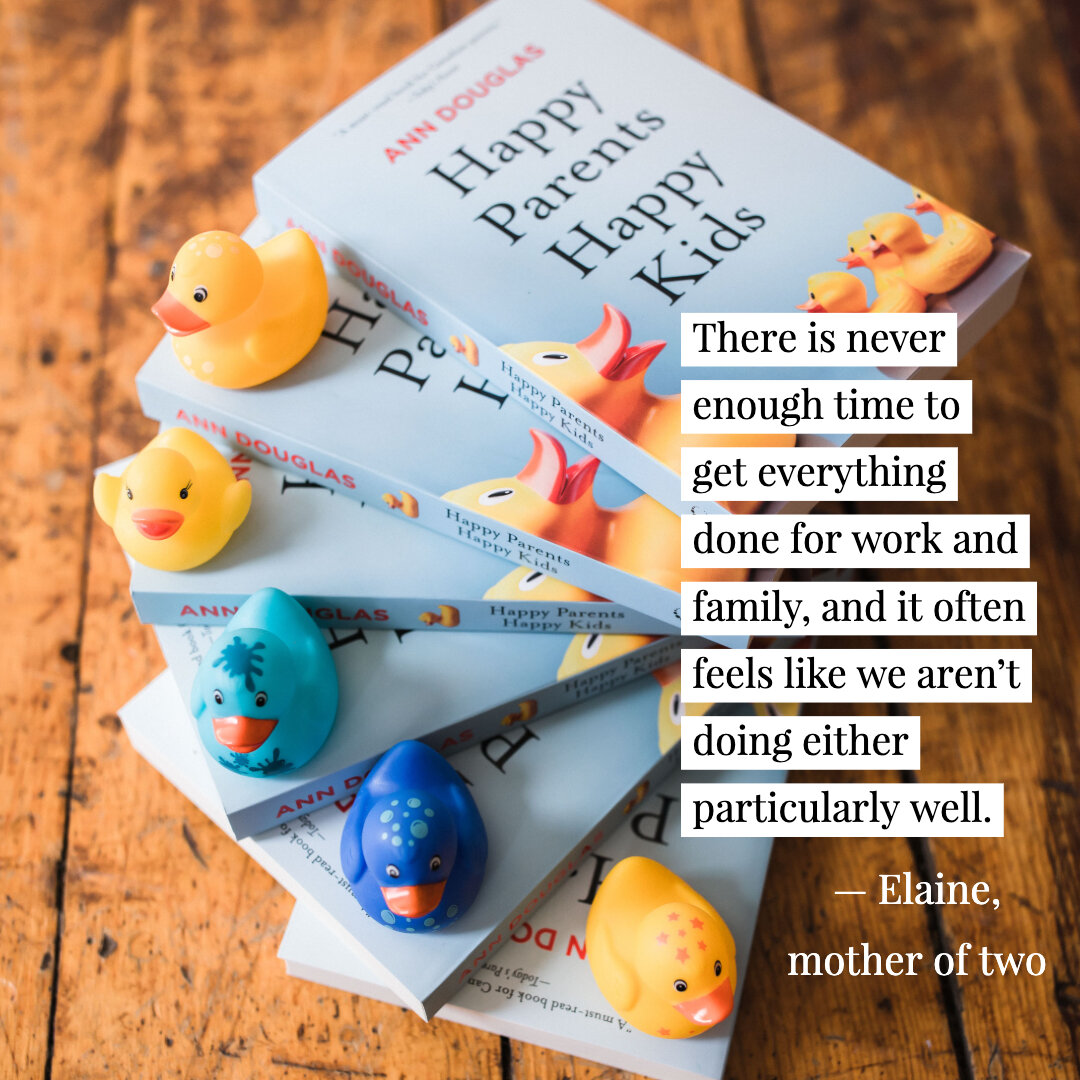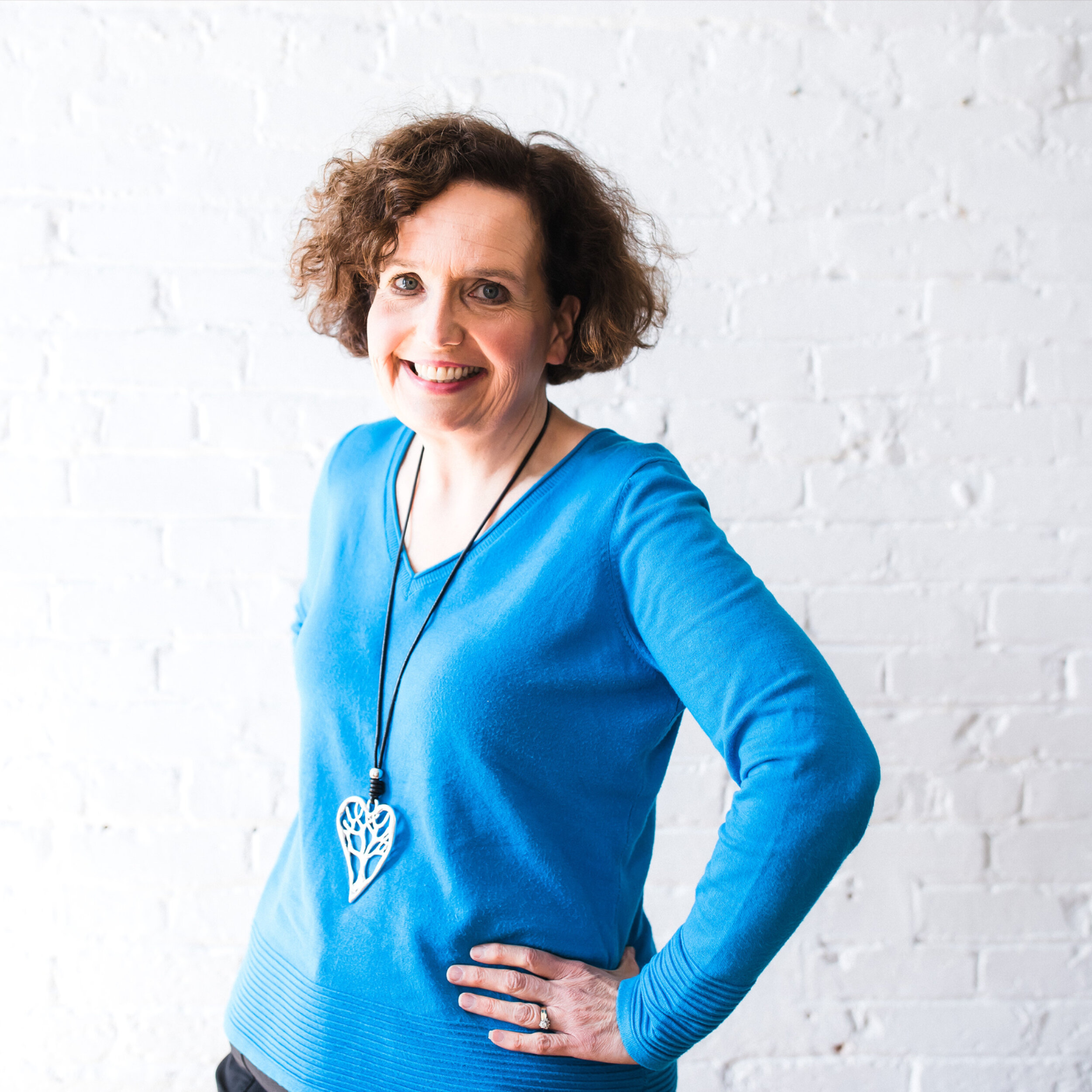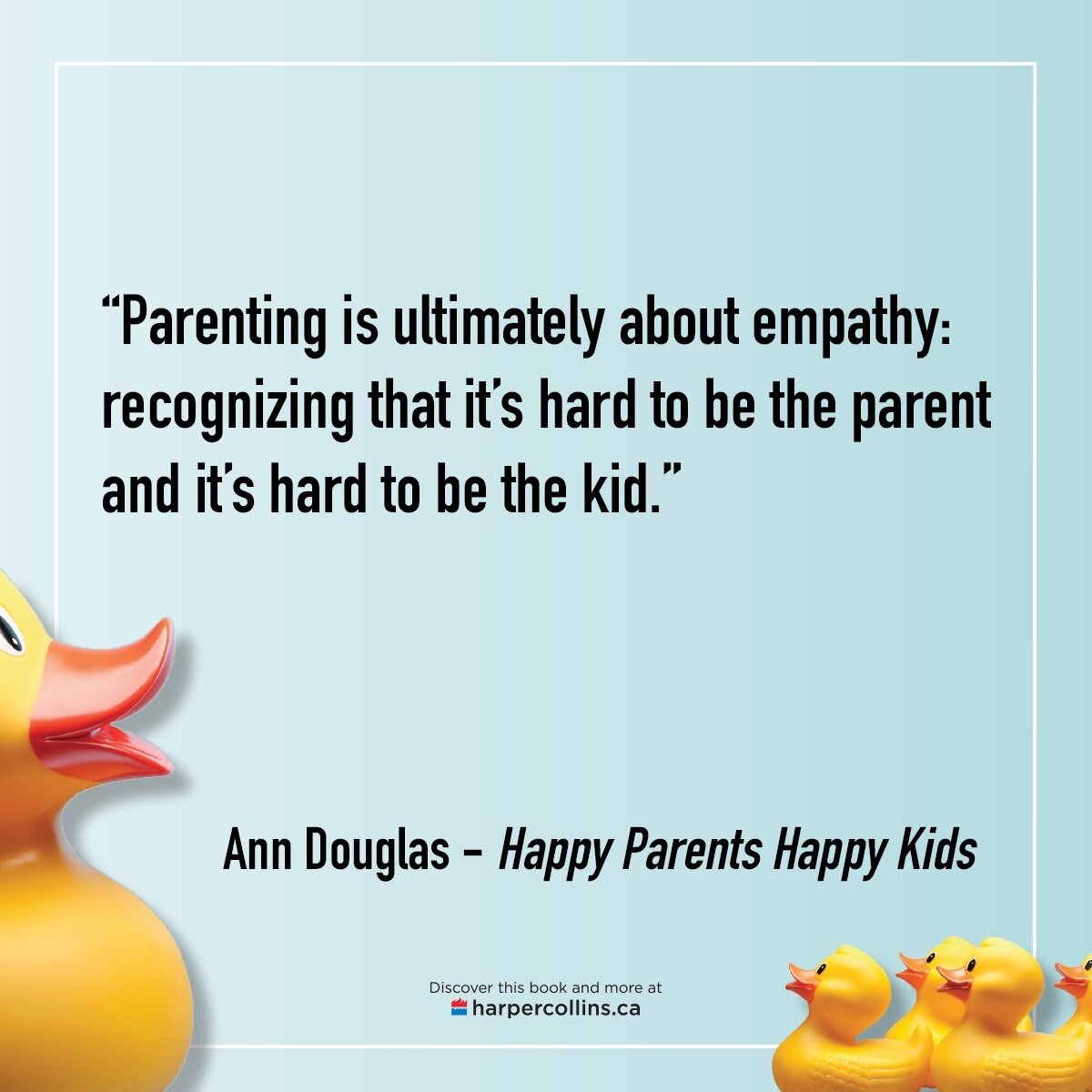Recognize that cultural messages make this tough.
Western culture gives us so many conflicting messages about food. We’re offered an endless buffet of seemingly irresistible snack foods and treats (foods that have been carefully engineered to achieve peak deliciousness, no less); and yet, at the same time, we’re given a lot of highly moralistic messages about the importance of exercising self-control when we’re faced with these foods. It’s all about resisting temptation so that you can achieve a (quote-unquote) “acceptable” body shape and size (or so we’re told).
Now add to this the unique challenges that are baked into the experience of being a parent (the fact that you’re responsible for the health and wellbeing of another human being; the fact that kids are constantly changing and growing; and the fact that every parent on the planet is the product of his or her own imperfect childhoods), and you can see that this is definitely not an easy task.
A lot of us grew up hearing messages about weight and food that weren’t particularly helpful or healthy—messages that were laced with shame and judgment. Is it any wonder then that so many of us are trying to handle things differently (and hopefully a little better) with our kids? We want our kids to grow up being healthy and strong and feeling good about their bodies. And some of us (myself included) know from first-hand experience how difficult it is to be “the fat kid.” Fat stigma is real, even in 2020. We want to spare our kids that painful experience, if possible.
Be mindful of the messages you’re sending your child about weight.
Ask yourself what broader cultural messages about food and weight your child sees you amplifying or rejecting. How do you react to a social media story about a celebrity’s weight loss or weight gain? Do you laugh at a fat joke in a movie you’re watching with your kids? What kind of things do they hear you say when you talk about your own body or your own relationship with food?
This is something I was speaking with Michelle Allison about recently. She’s a Toronto dietician who helps people figure out what it means to eat normally—in a healthy, non-obsessive way. She told me that parents have an important role to play in modelling these kinds of behaviours for their kids: “Parents really need to sort out, as much as they can, their own relationship with food so that they’re able to model for their kids eating in a way that is normal and healthy—and includes permission, but that also includes structure.” Where kids, like adults, tend to run into trouble and when they can actually end up developing an unhealthy relationship with food is when they get a lot of all-or-nothing messages around food: you’re either depriving yourself of food or you’re rewarding yourself with food; this food is good or bad. The goal is to find some sensible middle ground—a place where kids can grow up feeling good (not guilty) about food and where they can learn to trust their bodies to tell them what they actually want and need.
Find out if there’s actually cause for concern.
It’s easy to lose sight of the fact that kids are simply going to be bigger than others. That’s simply a particular child’s body type. Looking at your child’s overall growth pattern or trajectory over a prolonged period of time often helps to make this broader pattern clear. A big baby becomes a big toddler becomes a big child. A doctor or a dietitian can help you to gain this bigger picture perspective.
And what if your child is a bit bigger than other kids? The goal isn’t to move your child from the 90th percentile to the 50th percentile on the growth chart. The goal is to allow your child’s body to become what it is meant to be and to avoid reacting in a way that might cause your child to develop an unhealthy relationship with food. Bodies come in all shapes and sizes—and kids go through periods when they naturally become a little bit chubbier or a bit thinner. It’s important to recognize and accept those key biological facts.
This kind of ebb and flow is normal, explains Michelle Allison. “We all recognize growth spurts when it comes to height or…shoe size. But it’s also important [for] parents to understand that there are periods of what is called adiposity rebound that occur as well. And these are periods when kids will gather more fat and they’ll grow more fat tissue on their body and then usually a growth spurt in height comes after that. This is a normal and important part of development. The body knows what it’s doing and as long as parents provide the supportive structure of regular meals and enough permission (exposing children to a variety of different foods, but letting them pick and choose from what’s available), parents can [relax], trust that process, and not try to take it over.”
Maybe you’re trying to fix a problem that isn’t actually a problem at all.
Maybe there isn’t actually anything for you to fix.
Offer support in a way that doesn’t involve body shaming.
Keep the focus on having a happy, healthy relationship with your body: eating well, being active, and celebrating all the things your body can do: how strong and capable it is. Resist the temptation to try to control your child’s weight or food intake in a way that feels punitive or like deprivation. And insist that other relatives do the same. (It’s not okay for a grandparent to tell a chubby kid that he doesn’t “need” this piece of cake, but that his skinnier brother can have two pieces!)
Modify the family environment in a way that supports the child and that is healthy for all family members. Make high-quality nutrition and regular physical activity the norm for your family. And model those behaviours yourself. (Parents are incredibly powerful role models, particularly when it comes to physical activity. More active parents end up raising more active kids.)
Recognize your own internalized biases and stigma regarding weight. Don’t let them spill over into your relationship with your child. And refuse to allow other family members (grandparents, siblings, anyone) to engage in weight-related shaming or bullying. Help them to understand that teasing a child about their weight as a means of “motivating" them to lose weight is a strategy that can backfire big time. Children who are subjected to weight-based teasing actually tend to gain more weight than other kids. Likewise, putting a child on a diet is also hugely ineffective and it may even cause psychological harm, increasing the risk of both weight gain and disordered eating. One study found that women who remembered their parents commenting on their weight when they were growing up were likely to express dissatisfaction with their bodies well into adulthood regardless of their actual weight in adulthood.
Take action to combat fat stigma.
Acknowledge that fat stigma is real. Our kids pick up on all those “fat is bad” messages—and overweight kids pay the price on the playground and in gym class.
If your child is on the receiving end of this kind of bullying, help your child figure out how to respond—what they might want to say and who they might want to turn to for help and support in dealing with these episodes of bullying.
And if your child is the one doing the bullying, help your child to understand why it’s not okay. Bodies come in all shapes and sizes. No one should be made to feel less acceptable or worthy because they’re living their life in a bigger body—or any body, for that matter. Body shaming is also an issue for kids who are deemed “too skinny” and for boys who are deemed “not manly enough,” too.
Recognize how important it is to get this right.
Childhood experiences about weight can have a far-reaching impact well into adulthood, both in terms of how we feel about our bodies and what kind of relationship we have with food. How do I know this? Because I was a fat kid—or at least I grew up thinking I was a fat kid. Looking back, I was a little chubby; and I definitely packed on a few extra pounds as I headed into puberty. But that’s how puberty is supposed to work. (Girls shift from gaining roughly 2 kg per year before puberty to gaining roughly 5 to 10 kg right around the time of puberty. They tend to fill out before they grow up.) But here’s the thing: I didn’t understand that at the time. All I knew was that the scale was moving upwards at a rapid rate and everyone around me seemed to be talking about my weight. It would take decades of my life for me to shed the shame and to develop a healthy and joyful relationship with food.
Unfortunately, along the way, I ended up giving my own kids some rather mixed-up messages about food and body image. Like my parents, I did the best I could with the knowledge I had at the time—and, like my parents, I fell short on this front. Despite my best efforts not to burden my daughter with any of my own weight-related baggage, she ended up developing an eating disorder during her teen years, perhaps in response to my weight (I was quite obese at that time) and perhaps because of my obvious efforts to lose that weight (diet culture can be both toxic and contagious).
The good news is that I ultimately managed to find my way to a healthy place: both in terms of my physical health (I am no longer morbidly obese) but even more importantly in terms of how comfortable I am in my own skin. And so did my daughter.
And that’s what I want for any kid who might be worried about their weight: that same hard-earned feeling of self-compassion and self-acceptance; the lightness and grace that allows you to move in the world without obsessing 24/7 about the shape or size of your body; the freedom to accept and enjoy your body without even a hint of body shame. The freedom to be yourself, in other words….
Note: This blog post is based on my most recent parenting column for CBC Radio.
Ann Douglas is the author of numerous books about parenting including, most recently, Happy Parents, Happy Kids and Parenting Through the Storm. She is also the weekend parenting columnist for CBC Radio. Ann frequently speaks at health and parenting conferences across the country on issues related to parenting and mental health.







